Uncategorized
-
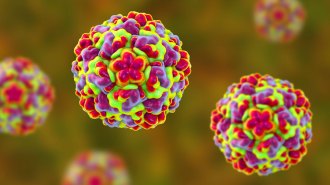 Health & Medicine
Health & MedicineDisabling one protein might one day lead to a cure for the common cold
Scientists have identified a protein in humans that some viruses, including those that cause colds, need to spread.
By Sofie Bates -
 Life
LifeCats may have ‘attachment styles’ that mirror people’s
In a new study, 65 percent of felines formed secure attachments with their owners. Like people, other cats were ambivalent or avoidant.
By Sofie Bates -
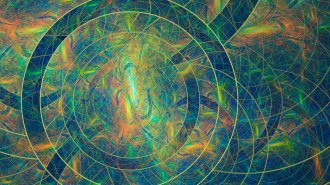 Quantum Physics
Quantum PhysicsSean Carroll’s new book argues quantum physics leads to many worlds
‘Something Deeply Hidden’ offers a defense of The Many Worlds Interpretation of quantum mechanics.
-
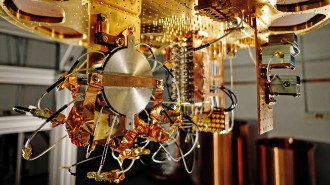 Quantum Physics
Quantum PhysicsRumors hint that Google has accomplished quantum supremacy
Reports suggest a quantum computer has bested standard computers on one type of calculation, but practical applications are still a distant goal.
-
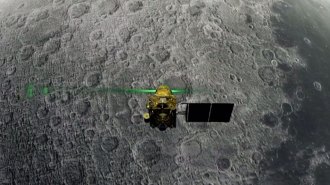 Planetary Science
Planetary ScienceIndia’s first attempt to land on the moon appears to have failed
Indian scientists haven’t heard from the Vikram lander for a full lunar day, after they lost contact during the robotic spacecraft’s descent.
-
 Physics
PhysicsCO2 from champagne bottles can form shock waves like those seen in rocket exhaust
Popping a bottle of bubbly releases a plume of dry ice that bears a visible type of shock wave called a Mach disk.
-
 Physics
PhysicsCan time travel survive a theory of everything?
It’s not yet clear whether a theory that unites general relativity and quantum mechanics would permit time travel.
-
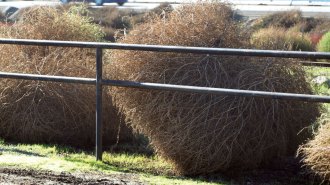 Plants
PlantsWhy tumbleweeds may be more science fiction than Old West
A tumbleweed is just a maternal plant corpse giving her living seeds a chance at a good life somewhere new.
By Susan Milius -
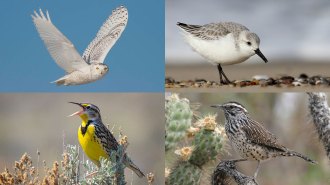 Life
LifeWe’ve lost 3 billion birds since 1970 in North America
Scientists estimated the change in total number of individual birds since 1970. They found profound losses spread among rare and common birds alike.
-
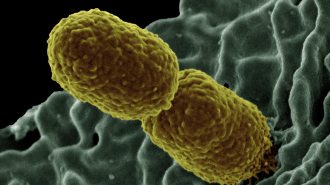 Humans
HumansAlcohol-producing bacteria could cause liver disease in some people
A majority of patients with nonalcoholic fatty liver disease also had gut bacteria churning out medium to high levels of ethanol.
-
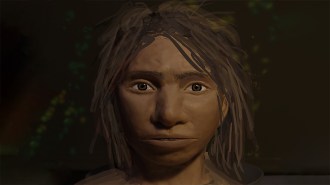 Humans
HumansAncient DNA reveals the first glimpse of what a Denisovan may have looked like
A controversial technique reconstructs a teenage Denisovan’s physical appearance from genetics.
By Bruce Bower -
 Health & Medicine
Health & Medicine1 in 4 U.S. high school seniors has vaped recently — up 4.5 percentage points from 2018
A 2019 survey finds the number of high school and middle school students who report using e-cigarettes recently continues to grow.